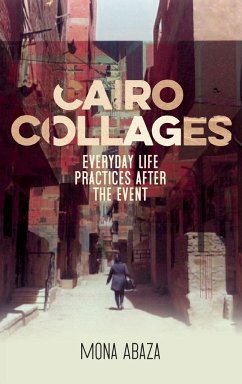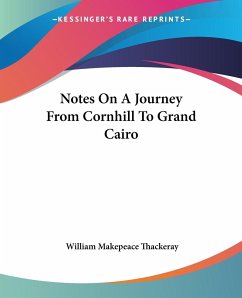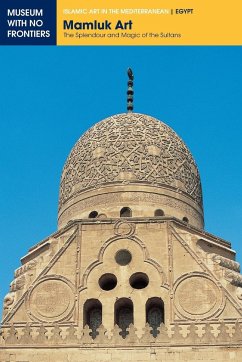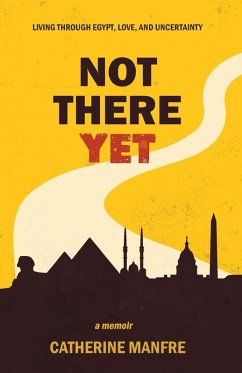
Cairo collages
Everyday life practices after the event
Versandkostenfrei!
Versandfertig in 1-2 Wochen
30,99 €
inkl. MwSt.
Weitere Ausgaben:

PAYBACK Punkte
15 °P sammeln!
With the military seizing overt power in Egypt, Cairo's grand and dramatic urban reshaping during and after 2011 is reflected upon under the lens of a smaller story narrating everyday interactions of a middle-class building in the neighbourhood of Doqi.














